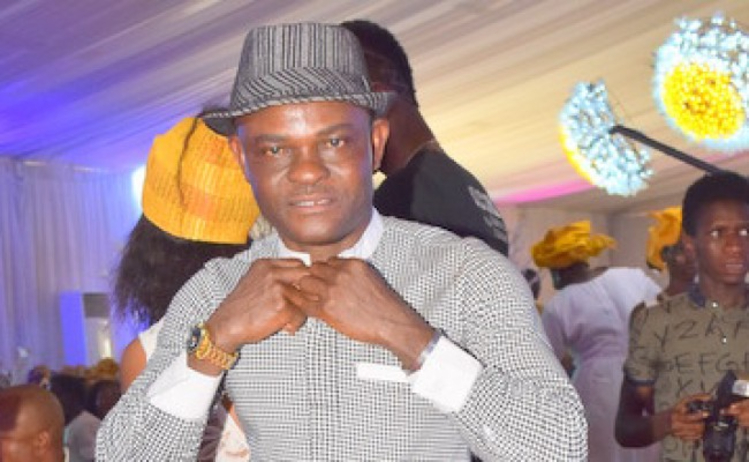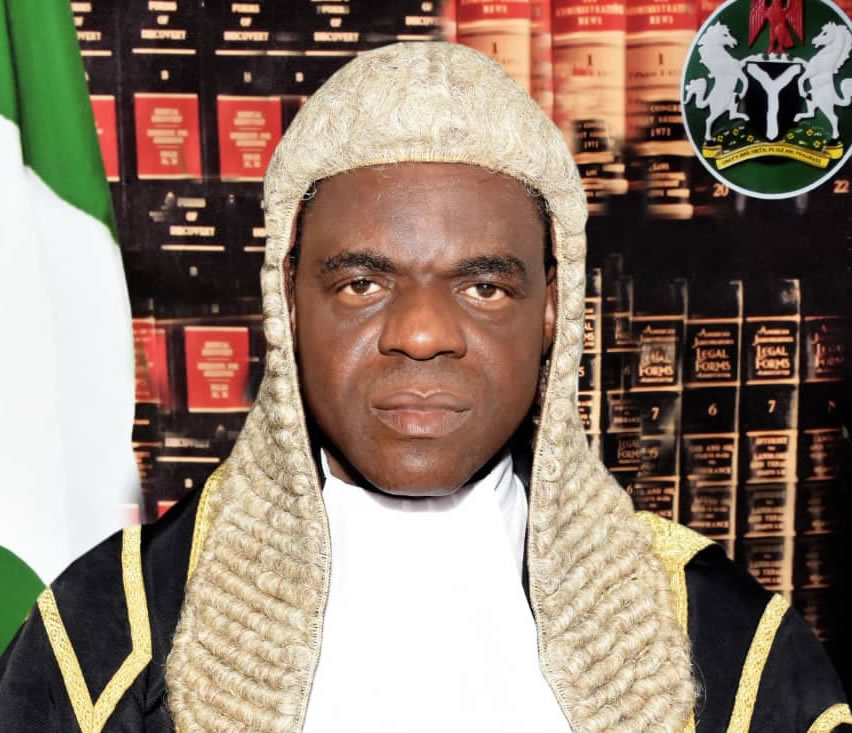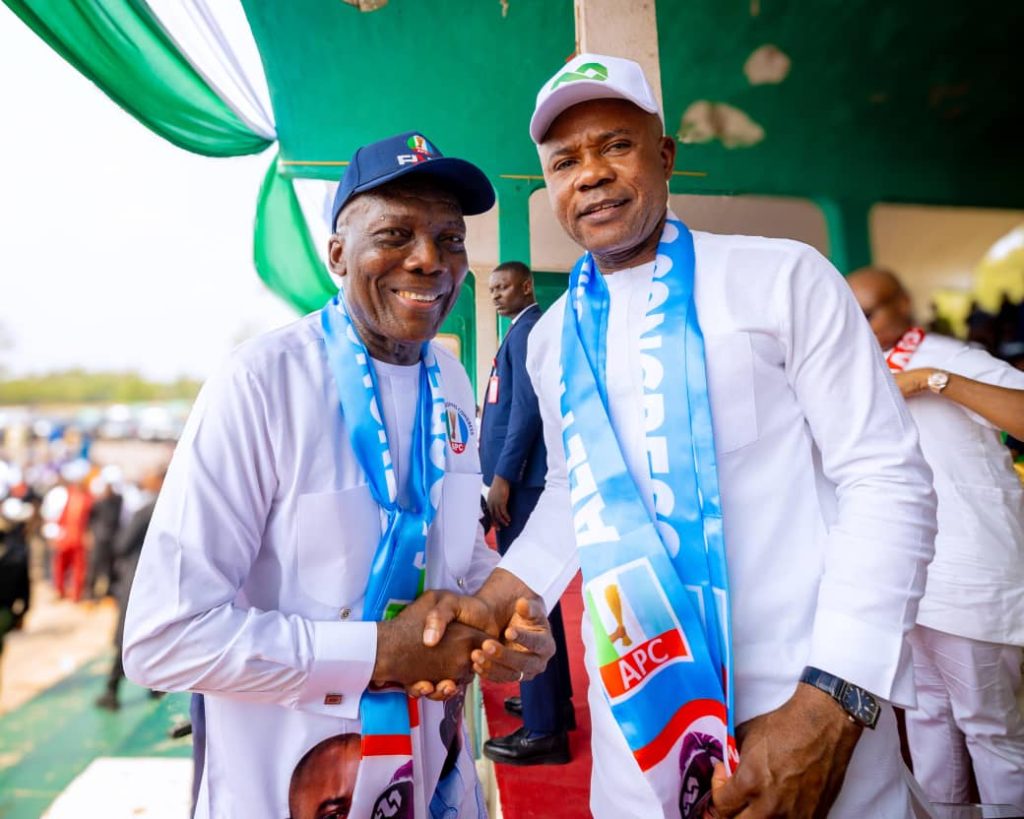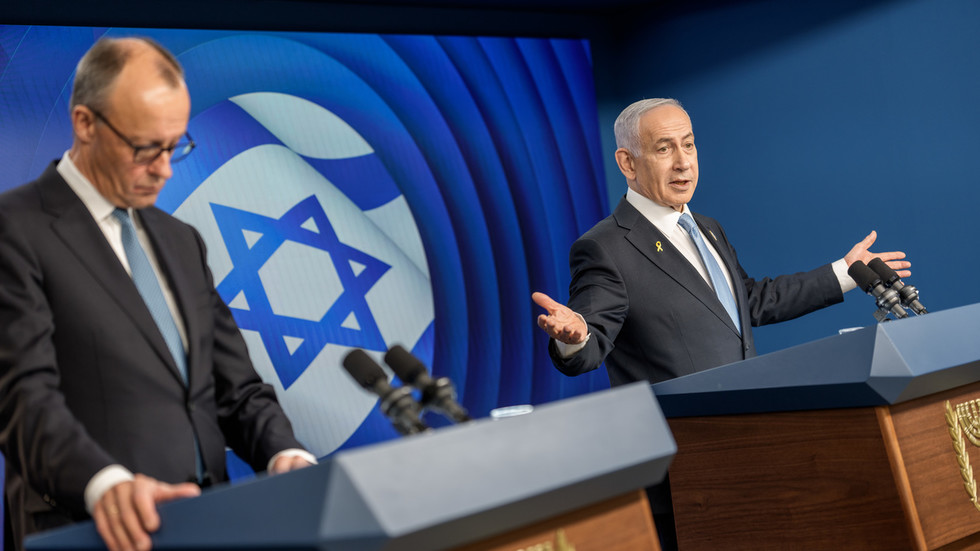The Democratic Republic of Congo (DRC) marked a historic national day of remembrance on August 2, honoring millions of Congolese killed during three decades of conflict marked by mass atrocities and resource-driven violence. Central to the commemoration was an official ceremony at the Genocost Memorial in Kinshasa, attended by political leaders, cultural icons, diaspora representatives, and survivors seeking long-overdue recognition for the scale of suffering.
Organized by the Congolese government and the National Reparations Fund for Victims (FONAREV), the event underscored the systemic violence tied to the DRC’s mineral-rich eastern provinces, where armed groups and foreign interests have fueled instability. Artists Innos B, Youssoupha, Werrason, and influencer Didi Stone joined officials in amplifying calls for accountability. “This day is vital for victims,” said Emmanuella Zandi, FONAREV’s Deputy Director-General, emphasizing that the atrocities—including war crimes, crimes against humanity, and potential genocide—demand global acknowledgment.
The term “Genocost” refers to massacres linked to illegal resource exploitation, a pattern documented in UN reports such as the 2010 Mapping Project, which cited evidence of acts comparable to genocide. During the ceremony, documentaries detailing decades of violence were screened, while survivors from regions like Ituri shared harrowing testimonies anonymously. “We fled our village after widespread killings,” recounted one survivor, describing atrocities endured amid international indifference.
President Félix Tshisekedi issued a pointed appeal to the global community, declaring that Congo would no longer wait for external validation of its trauma. “If the world hesitates to call this a creeping genocide, we will pursue justice ourselves,” he said, stressing survivors’ rights to reparations and legal redress. The event concluded with the lighting of the Genocost flame, symbolizing both remembrance and resilience.
The commemoration highlighted the intersection of economic exploitation and human suffering, drawing attention to conflicts that have displaced millions and claimed over six million lives since the 1990s. While the DRC’s push for justice faces geopolitical complexities, the day reinforced a growing demand to confront historical atrocities and their enduring legacy.



